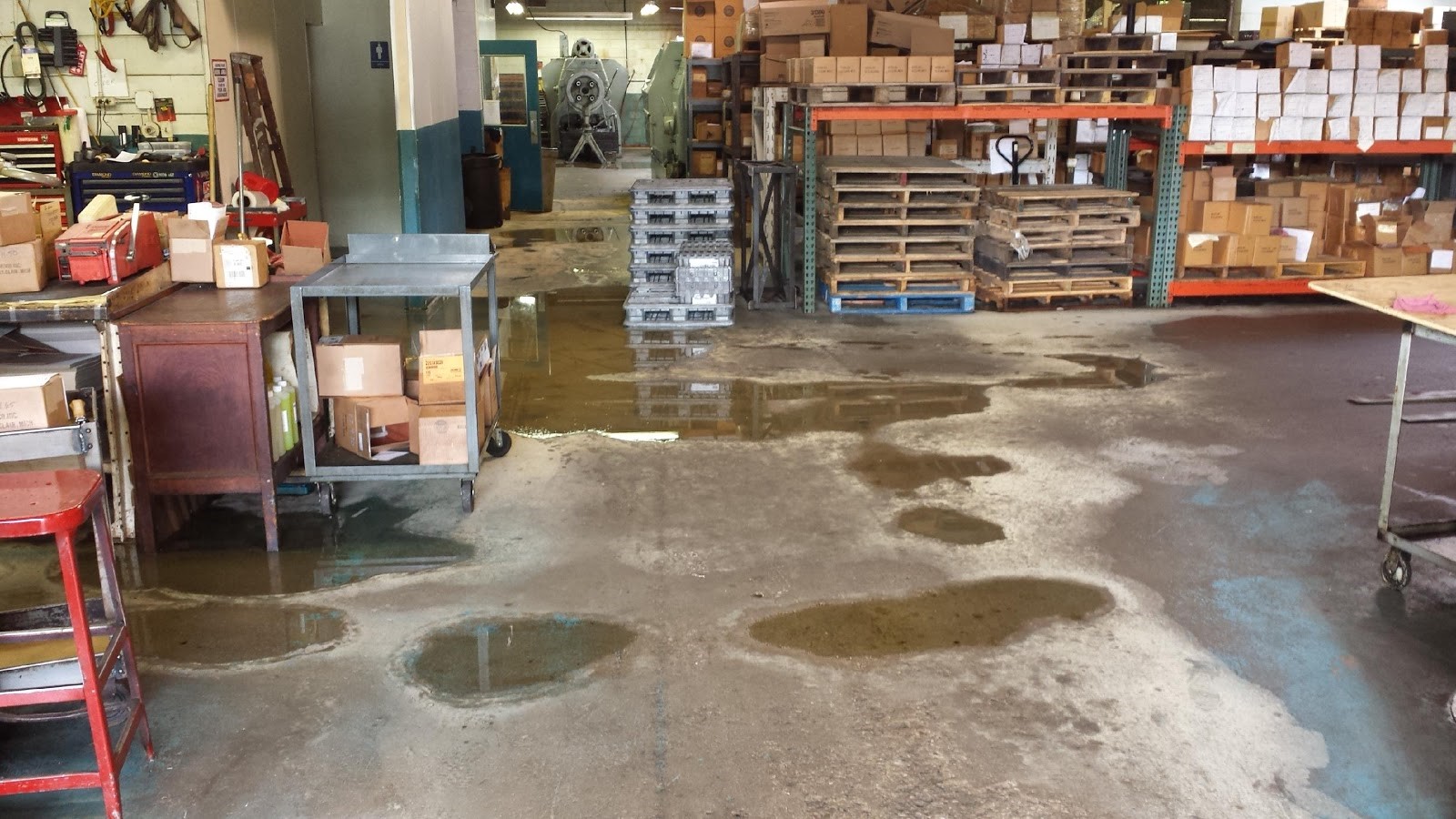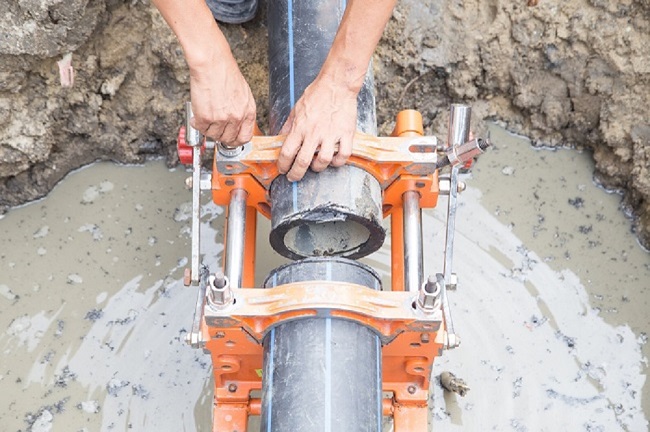A Thorough Guide to Septic Tank Maintenance: What You Need to Know
A Thorough Guide to Septic Tank Maintenance: What You Need to Know
Blog Article
We have noticed this article pertaining to Water Damage Restoration Do’s And Don’t below on the web and figured it made sense to relate it with you over here.

What should you do if a pipes bursts in your home? Do you want a mini-waterfall and also flooding in a location of your house? You need to act quick if you find on your own in this circumstance. The longer you wait, the much more severe the damages that can take place to your home. The presence of mind is type in these events. For these reasons, you require to learn how to act in case of a burst pipes. Because time is of the significance, inspect out the following ideas below to aid you act quick.
Shut Off the Main Waterline Shutoff
Look for the local shut-off shutoff to turn off the water in one particular area just. If you do not recognize where the localized shut-off valve is, go for the primary water line shutoff as well as transform it off. Normally, the major valve is found outside the home next to the water meter.
Call Water Damage Remediation Pros for Assistance
After closing the water source, call the professionals for help. With their specialist aid, you can stop much larger water damages consisting of distorted baseboards, loosened ceramic tiles, or damaged structures.
Record the Damages For Insurance coverage
While you're waiting for the pros to show up, get some documents of the damage created by the errant pipeline. Do close-up shots of the damaged prized possessions and places.
Salvage Points That Can Be Saved
Analyze the harmed items as well as take out the most important ones from the pile as soon as you're done taking photos. Dry them off in a dry/warm area away from the broken area as well as try to maintain them as long as you can. Drag as much dampness as you can to the material so it can start to dry.
Begin the Drying Refine
You need to begin the drying out process immediately. Thankfully, the water from your waterlines is currently tidy so you don't need to bother with sewer water. The flowing water may have interrupted the dirt and particles in your floorboards as well as rugs. In this instance, put some gloves on as well as begin some damage control. Use containers to unload out the water. Blot out as much water as you can from the surfaces with old towels. Switch on an electrical follower or open your windows to advertise air circulation. These steps will certainly hasten to dry as well as hinder mold as well as mold development.
Experts are the only individuals certified to assess properly as well as take care of the burs pipelines and also succeeding damage. As always, pipes do not simply instantly burst out of the blue. They typically provide quiet warnings like gurgling paint, water discolorations. Weird noises in the plumbing, caving ceiling, moldy odor, or peeling off wallpaper. Bear in mind of these indicators and also do some safety nets so you can nip any problems in the bud.
What should you do if a water pipeline ruptureds in your residence? For these factors, you require to find out just how to act in the occasion of a ruptured water pipeline. After closing the water resource, call the experts for assistance. With their professional assistance, you can stop much bigger water damages including warped walls, loosened ceramic tiles, or damaged frameworks. Luckily, the water from your waterlines is already tidy so you do not have to fret about sewage system water.
BROKEN WATER PIPES: COST TO REPLACE & WAYS TO FIX A PIPE
CAUSES OF A BROKEN WATER PIPE
A water pipe can break for several reasons depending on the environment you live in, type of pipe, and circumstances.
The most common cause of broken pipes is freezing. If you live in a colder climate, this could happen. When water freezes it increases in volume by 9% and the pressure in the pipes can go from 40 psi to 40,000 psi. Clearly, this could be detrimental to the pipes. Water freezing causes quick expansion, which puts stress on the pipes and could lead them to crack or weaken. When water thaws, it will leak out the cracks. Other changes in water pressure can also cause breakage. Another common cause of broken water pipes is age.
Depending on the material, water pipes can last anywhere from 70-100 years. But the older they get, the more susceptible they are to weakening and corroding. Older pipes coming into contact with another material could speed up the corrosion process as well. PVC pipes can become brittle with age, while copper is prone to corrosion and stress over time. Something that could also potentially break water pipes is when they move. They may move from construction or the house settling. Moving can stress the fixed pipe which may lead to a leak or burst pipe.
HOW MUCH WATER COULD LEAK INTO YOUR HOUSE FROM A BROKEN PIPE?
The amount of water that leaks depend on how big the break in a pipe is. If it is just a minor crack, water will slowly leak out. This isn’t as serious as a full broken pipe, but it can still cause significant damage to your home. Burst pipes can leak up to 10 gallons of water per minute. The amount of water leaked also depends on what appliance is involved. The water line to your refrigerator can leak ½ to 1 gallon per minute depending on water pressure. One toilet supply line may leak 2-3 gallons a minute and a washing machine hose will leak up to 10-12 gallons per minute.
TURN THE WATER OFF
Doing this first is imperative; everything else can wait. You need to deactivate the water supply to stop the flow of water and prevent more water from leaking into your home. Shutting off the water could potentially save you thousands in water damage repairs. Locating the water shutoff valve depends on the climate you live in. For colder climates, the valves are usually inside, such as in the basement. For houses in milder weather, the shutoff valves will probably be outside—either attached to an exterior wall or in an underground box with a removable lid.
OPEN A FAUCET
The next thing to do is to open a faucet or turn on a sink. This will relieve any remaining water pressure in the pipes and ensure a full-shut down.
GET RID OF THE WATER
The quicker you get rid of the water, the less water damage and mold there could be. Use a mop and a shop vacuum to help get clean up the water. Use towels to dry everything the best you can.
CUT AND REMOVE THE DAMAGED PIPE
Once you have shut off the water and drained the damaged water pipe, you can begin to fix the issue. Cut out the damaged section of the pipe with a pipe cutter, ensuring that you also cut one inch extra on each side of the damage. Once you get rid of the broken part of the pipe, you may begin repairs.
https://www.wmhendersoninc.com/blog/broken-water-pipes-cost-to-replace-ways-to-fix-a-pipe/

We were introduced to that write-up about Rules For Handling Water Damage through a good friend on our other web page. Enjoyed our entry? Please share it. Help others discover it. Thank you for going through it.
Report this page